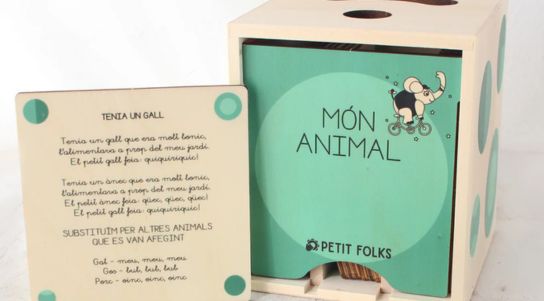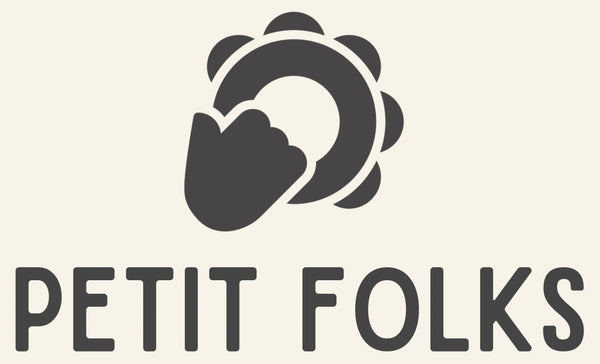
Why adapt learning to each child’s own pace?
Share
Music and educational games as key tools
In the current context of early childhood education, the need to adapt learning to each child’s own pace is becoming increasingly evident. During the first years of life, differences in cognitive, emotional, and motor development are notable, and respecting these differences is essential to promote healthy and balanced growth. In this sense, it is crucial to rethink traditional teaching methods and move towards a more flexible, individualized model enriched by tools that stimulate learning in a natural and playful way.

One of the most valuable resources in early childhood education to support this kind of learning is music. Various studies in neuroeducation have shown that music not only awakens children’s interest but also improves memory, attention, and language skills. In schools and childcare settings, incorporating musical activities into the daily routine can be a very effective way to reinforce learning through rhythm, singing, and movement. Singing songs, exploring simple musical instruments, or simply listening to melodies stimulates the child’s brain and enhances their overall development.
Musical games: Much more than entertainment
In addition to music, educational wooden games play a significant role in early childhood education. Unlike electronic or highly structured toys, wooden games are usually simple, durable, and encourage creativity. These types of games invite manipulation, sensory exploration, and symbolic play, which are essential during the preschool stage. Children can learn basic math concepts, develop fine motor skills, and better understand their environment through activities that allow them to build, fit pieces together, classify, and experiment.

Play should not be seen merely as entertainment but as a fundamental language of childhood learning. Through both free and guided play, children discover the world, express their emotions, develop social skills, and consolidate knowledge. Therefore, early childhood education environments, such as schools and daycare centers, should provide appropriate spaces and times for play, with materials that respect each child’s natural rhythm.
The importance of respecting individual needs in childhood
An education based on respecting individual pace also requires active observation and listening. Educators must be attentive to the signals each child sends, adapting activities and educational goals to their interests, needs, and developmental stages. This does not mean giving up common goals but offering diverse paths to reach them.

Furthermore, it is important to highlight that incorporating natural materials, such as wooden games, responds not only to pedagogical criteria but also to ethical and environmental considerations. In a world increasingly aware of the ecological impact of our choices, opting for sustainable toys teaches children values of respect for nature and craftsmanship.
It is necessary to value the natural timing in early childhood education, offer appropriate stimuli, and create an affectionate and safe environment in which children can grow with confidence. Music and educational wooden games, such as Petit Folks, thus become indispensable allies of a lively, respectful, and deeply human education.
